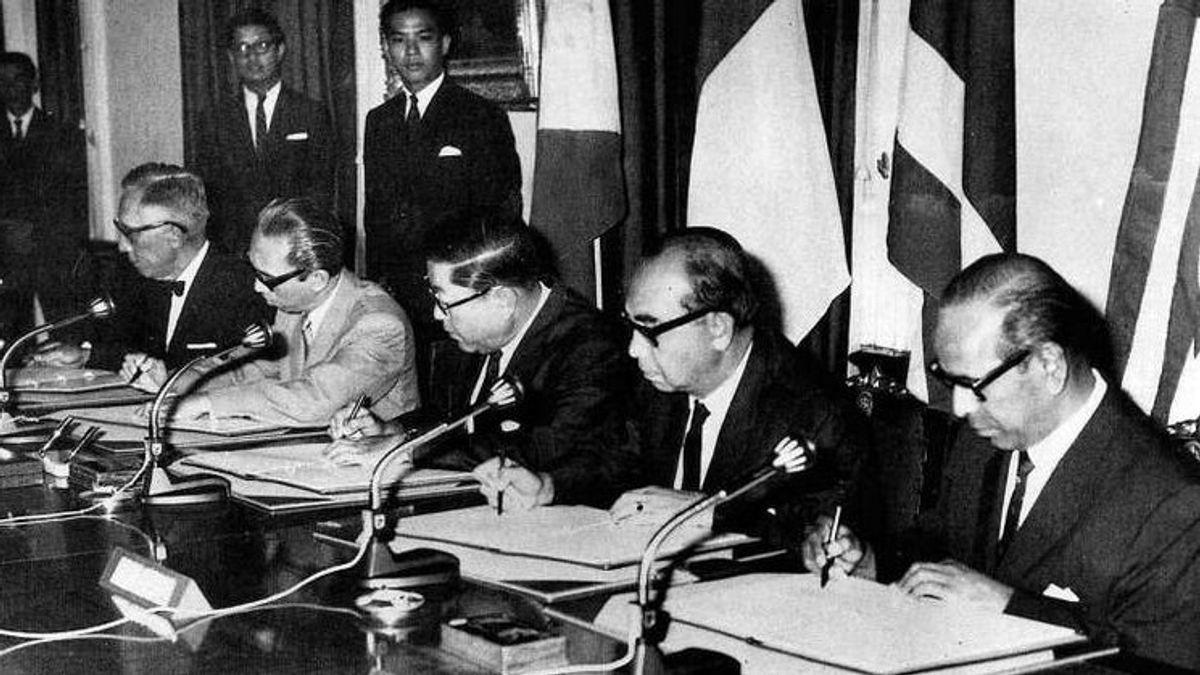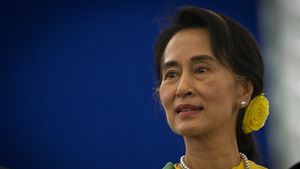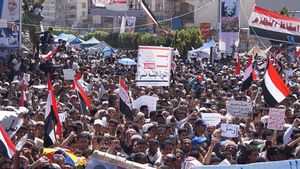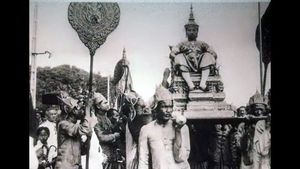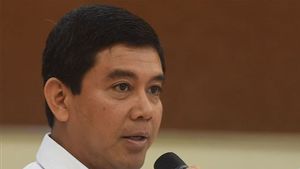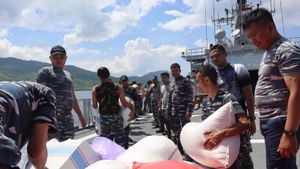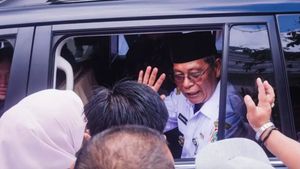JAKARTA History today, 52 years ago, 27 November 1971, Indonesia was one of those who signed the Declaration of the Zone of Peace, Freedom, and Neutrality (Pamai, Free, and Neutral Areas) in Kuala Lumpur, Malaysia. The declaration, also known as the Kuala Lumpur Declaration, is a commitment for Southeast Asian countries to prevent foreign intervention.
Previously, Indonesia's foreign policy arrangement began to expand widely in the New Order era. Indonesia's cooperation is not only perpetuated to the western bloc, but Southeast Asia too.
Soekarno's politics and the Old Order were able to show Indonesian spurs in the international world. Inter-state engagement in the world is perpetuated. The eastern block, especially. The narrative of the agreement made Indonesia develop. From accelerating the economy to providing profitable cooperation.
The trust of the Indonesian people also rose to the Old Order. However, the narrative was doubtful when Soekarno and the Old Order stepped down. Suharto and the New Order were deemed to have no capacity in foreign politics.
The New Order government actually responded to criticism with a breakthrough. Indonesian foreign politics, which used to be oriented towards the eastern block, tried to turn it into a western block. All of this was perpetuated according to the portion of Indonesia's needs.
The New Order breakthrough did not end there. New Order continues to perpetuate foreign politics in the Southeast Asian region. Something that was not serious was done by the previous government. Indonesia is starting to open up to building unity between Southeast Asian countries.
The option of establishing the association of Southeast Asian Nations, ASEAN was perpetuated. Malaysia, Thailand, the Philippines, Singapore and Indonesia became ASEAN authorities in 1967. ASEAN members also grew over time.
The presence of ASEAN is believed to bring Southeast Asian countries to coexist and be peaceful. The narrative of economic benefits from cooperation is predicted to skyrocket. Not only for Indonesia, but for other Southeast Asian countries.
However, Indonesia's foreign political arrangement is considered more successful. First, after successfully bringing Indonesia into one of the orbits of Western block countries, President Suharto then reversed the image of Indonesia's confrontation with Malaysia in the past to a conducive regional political arrangement for economic development efforts through the establishment of the ASEAN (Association of South East Asian Nations).
The formation of ASEAN is believed to be the turning point of political confrontation against the politics of regional cooperation among nations in Southeast Asia. ASEAN later became the first major pillar of the external aspects of Indonesia's external environment in the formulation of foreign politics under President Suharto, "explained Agus R. Rahman in his writing in the LIPI Political Research Journal entitled Foreign Politics The government of Susilo Bambang Yudhoyono to Europe (2005).
The presence of ASEAN as a forum for the Southeast Asian country is getting serious. Five ASEAN efincial countries have also begun to perpetuate cooperation in politics and security. Kuala Lumpur's declaration, his name. The declaration shows the commitment of ASEAN countries to become peaceful, free, and neutral countries.
The goal is none other than to ward off foreign intervention in the ASEAN region. All of this was perpetuated so that development in ASEAN skyrocketed. The declaration was signed in Kuala Lumpur by the Minister of Foreign Affairs of each country on November 27, 1971.
Indonesia is of the opinion that countries in Southeast Asia are the most interested and responsible for maintaining security and peace in their territory. Therefore, the nations in Southeast Asia must prevent and repel any negative foreign interference in all its forms and manifestations. In the Kuala Lumpur Declaration dated 27 November 1971, the five ASEAN member countries have declared Southeast Asia a peaceful, free and neutral area. Free from all forms of outside interference," wrote Nugroho Notosusanto and his friends in the book National History Indonesia VI (1984).
VOIR éGALEMENT:
The English, Chinese, Japanese, Arabic, and French versions are automatically generated by the AI. So there may still be inaccuracies in translating, please always see Indonesian as our main language. (system supported by DigitalSiber.id)
